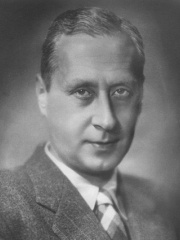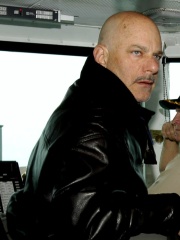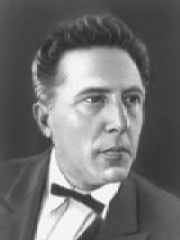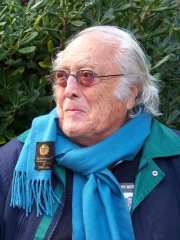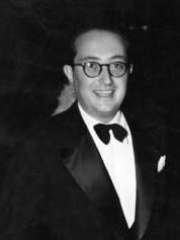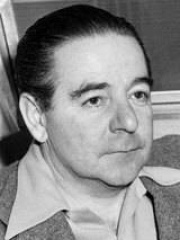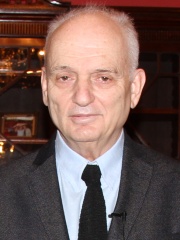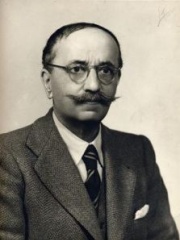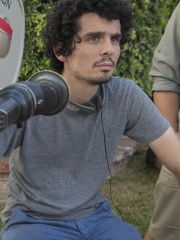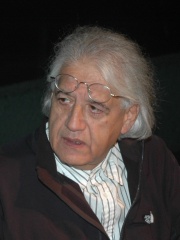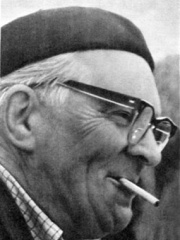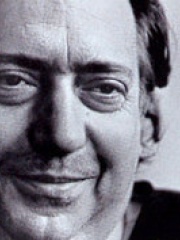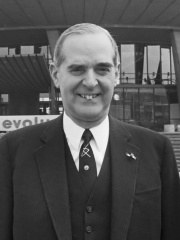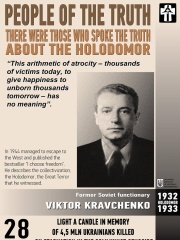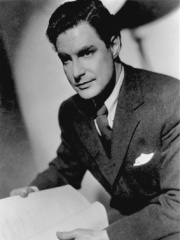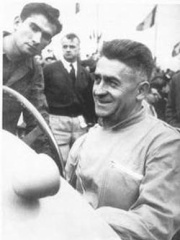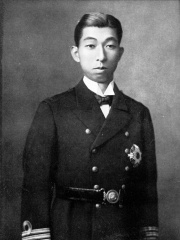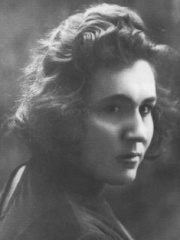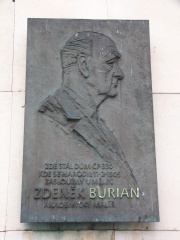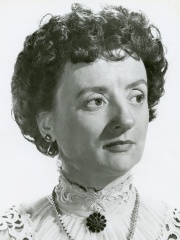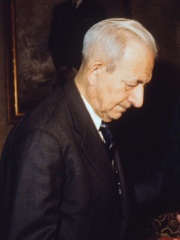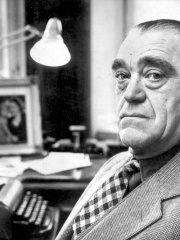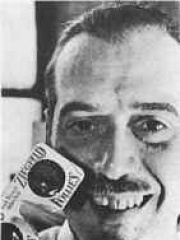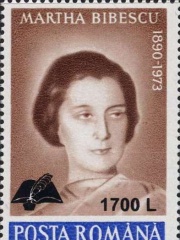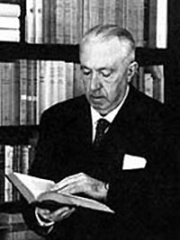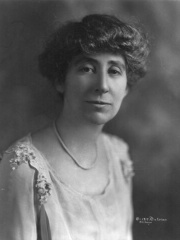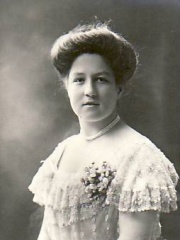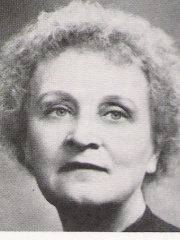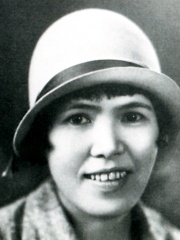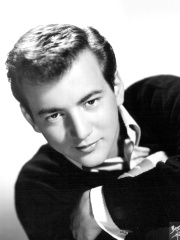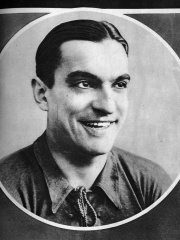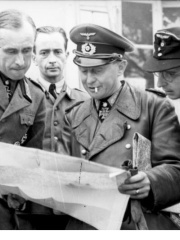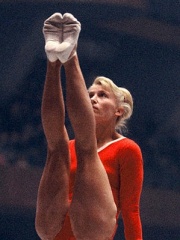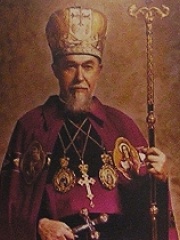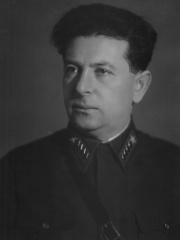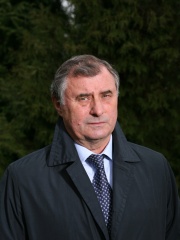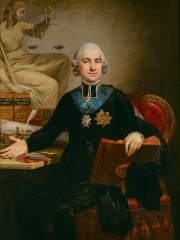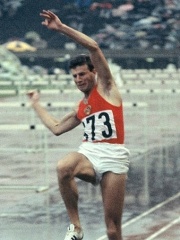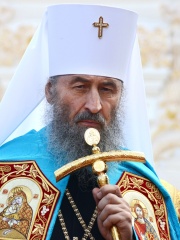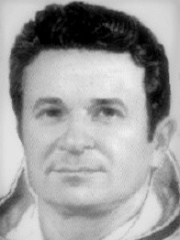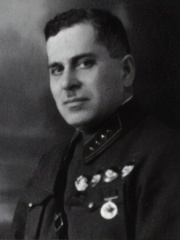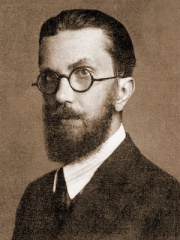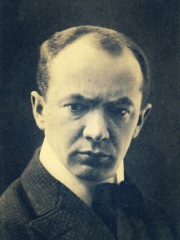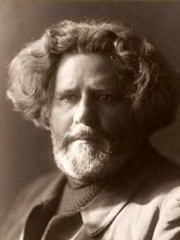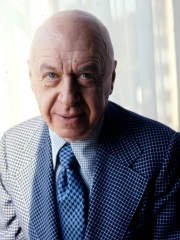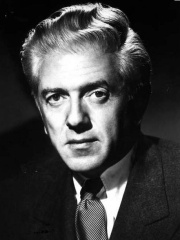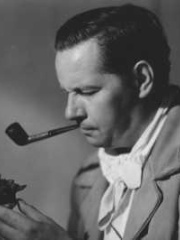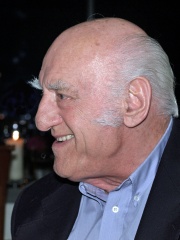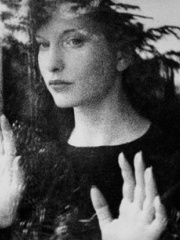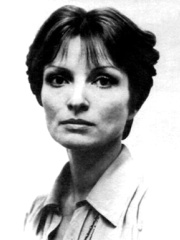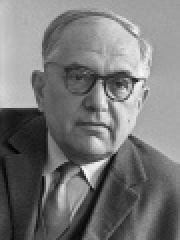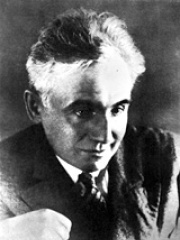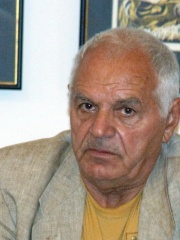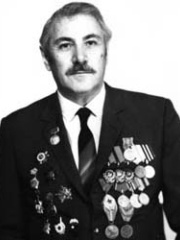FILM DIRECTOR
Grigori Kozintsev
1905 - 1973
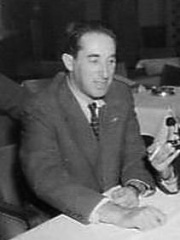
 Grigori Kozintsev
Grigori Kozintsev
Grigori Mikhailovich Kozintsev (born Grigori Moiseyevich Kozintsov;22 March [O.S. 9 March] 1905 – 11 May 1973) was a Soviet theatre and film director, screenwriter and pedagogue. He was named People's Artist of the USSR in 1964. In 1965 he was a member of the jury at the 4th Moscow International Film Festival. Two years later he was a member of the jury of the 5th Moscow International Film Festival. Read more on Wikipedia
His biography is available in 31 different languages on Wikipedia (up from 30 in 2024). Grigori Kozintsev is the 573rd most popular film director (down from 560th in 2024), the 425th most popular biography from Ukraine (down from 410th in 2019) and the 10th most popular Ukrainian Film Director.
Memorability Metrics
Page views of Grigori Kozintsev by language
Among FILM DIRECTORS
Among film directors, Grigori Kozintsev ranks 573 out of 2,041. Before him are Sergei Yutkevich, Rob Cohen, Yakov Protazanov, Georges Lautner, Henry Koster, and Charles Barton. After him are David Chase, Giovanni Pastrone, Damien Chazelle, Patricio Guzmán, Boris Barnet, and Henri Langlois.
Most Popular Film Directors in Wikipedia
Go to all RankingsSergei Yutkevich
1904 - 1985
HPI: 60.66
Rank: 567
Rob Cohen
1949 - Present
HPI: 60.59
Rank: 568
Yakov Protazanov
1881 - 1945
HPI: 60.59
Rank: 569
Georges Lautner
1926 - 2013
HPI: 60.59
Rank: 570
Henry Koster
1905 - 1988
HPI: 60.57
Rank: 571
Charles Barton
1902 - 1981
HPI: 60.56
Rank: 572
Grigori Kozintsev
1905 - 1973
HPI: 60.56
Rank: 573
David Chase
1945 - Present
HPI: 60.53
Rank: 574
Giovanni Pastrone
1883 - 1959
HPI: 60.52
Rank: 575
Damien Chazelle
1985 - Present
HPI: 60.51
Rank: 576
Patricio Guzmán
1941 - Present
HPI: 60.51
Rank: 577
Boris Barnet
1902 - 1965
HPI: 60.50
Rank: 578
Henri Langlois
1914 - 1977
HPI: 60.49
Rank: 579
Contemporaries
Among people born in 1905, Grigori Kozintsev ranks 149. Before him are Frits Philips, Victor Kravchenko, Anfilogino Guarisi, Robert Donat, Louis Rosier, and Henry Koster. After him are Nobuhito, Prince Takamatsu, Mariya Oktyabrskaya, Edwin H. Colbert, Zdeněk Burian, Mildred Natwick, and Joan Coromines. Among people deceased in 1973, Grigori Kozintsev ranks 126. Before him are Vilhelm Moberg, Laurens Hammond, Marthe Bibesco, Carlo Emilio Gadda, Jeannette Rankin, and Archduchess Isabella of Austria. After him are Helen Parkhurst, Nobuko Yoshiya, Bobby Darin, Adolfo Zumelzú, Hilda Geiringer, and Walter Krüger.
Others Born in 1905
Go to all RankingsFrits Philips
BUSINESSPERSON
1905 - 2005
HPI: 60.90
Rank: 143
Victor Kravchenko
POLITICIAN
1905 - 1966
HPI: 60.85
Rank: 144
Anfilogino Guarisi
SOCCER PLAYER
1905 - 1974
HPI: 60.84
Rank: 145
Robert Donat
ACTOR
1905 - 1958
HPI: 60.83
Rank: 146
Louis Rosier
RACING DRIVER
1905 - 1956
HPI: 60.68
Rank: 147
Henry Koster
FILM DIRECTOR
1905 - 1988
HPI: 60.57
Rank: 148
Grigori Kozintsev
FILM DIRECTOR
1905 - 1973
HPI: 60.56
Rank: 149
Nobuhito, Prince Takamatsu
NOBLEMAN
1905 - 1987
HPI: 60.52
Rank: 150
Mariya Oktyabrskaya
MILITARY PERSONNEL
1905 - 1944
HPI: 60.49
Rank: 151
Edwin H. Colbert
ANTHROPOLOGIST
1905 - 2001
HPI: 60.48
Rank: 152
Zdeněk Burian
PAINTER
1905 - 1981
HPI: 60.36
Rank: 153
Mildred Natwick
ACTOR
1905 - 1994
HPI: 60.31
Rank: 154
Joan Coromines
LINGUIST
1905 - 1997
HPI: 60.30
Rank: 155
Others Deceased in 1973
Go to all RankingsVilhelm Moberg
WRITER
1898 - 1973
HPI: 60.83
Rank: 120
Laurens Hammond
INVENTOR
1895 - 1973
HPI: 60.79
Rank: 121
Marthe Bibesco
WRITER
1886 - 1973
HPI: 60.77
Rank: 122
Carlo Emilio Gadda
WRITER
1893 - 1973
HPI: 60.76
Rank: 123
Jeannette Rankin
POLITICIAN
1880 - 1973
HPI: 60.75
Rank: 124
Archduchess Isabella of Austria
COMPANION
1888 - 1973
HPI: 60.68
Rank: 125
Grigori Kozintsev
FILM DIRECTOR
1905 - 1973
HPI: 60.56
Rank: 126
Helen Parkhurst
PHILOSOPHER
1886 - 1973
HPI: 60.31
Rank: 127
Nobuko Yoshiya
WRITER
1896 - 1973
HPI: 60.30
Rank: 128
Bobby Darin
SINGER
1936 - 1973
HPI: 60.28
Rank: 129
Adolfo Zumelzú
SOCCER PLAYER
1902 - 1973
HPI: 60.27
Rank: 130
Hilda Geiringer
MATHEMATICIAN
1893 - 1973
HPI: 60.26
Rank: 131
Walter Krüger
MILITARY PERSONNEL
1892 - 1973
HPI: 60.21
Rank: 132
In Ukraine
Among people born in Ukraine, Grigori Kozintsev ranks 425 out of 1,365. Before him are Polina Astakhova (1936), Myroslav Ivan Lubachivsky (1914), Lev Mekhlis (1889), Anatoliy Byshovets (1946), Hugo Kołłątaj (1750), and Igor Ter-Ovanesyan (1938). After him are Onufriy (1944), Leonid Kizim (1941), Grigory Shtern (1900), Georges Florovsky (1893), Ephraim Moses Lilien (1874), and Maximilian Voloshin (1877).
Others born in Ukraine
Go to all RankingsPolina Astakhova
POLITICIAN
1936 - 2005
HPI: 60.66
Rank: 419
Myroslav Ivan Lubachivsky
RELIGIOUS FIGURE
1914 - 2000
HPI: 60.65
Rank: 420
Lev Mekhlis
POLITICIAN
1889 - 1953
HPI: 60.64
Rank: 421
Anatoliy Byshovets
COACH
1946 - Present
HPI: 60.58
Rank: 422
Hugo Kołłątaj
PHILOSOPHER
1750 - 1812
HPI: 60.58
Rank: 423
Igor Ter-Ovanesyan
ATHLETE
1938 - Present
HPI: 60.57
Rank: 424
Grigori Kozintsev
FILM DIRECTOR
1905 - 1973
HPI: 60.56
Rank: 425
Onufriy
RELIGIOUS FIGURE
1944 - Present
HPI: 60.54
Rank: 426
Leonid Kizim
ASTRONAUT
1941 - 2010
HPI: 60.51
Rank: 427
Grigory Shtern
MILITARY PERSONNEL
1900 - 1941
HPI: 60.50
Rank: 428
Georges Florovsky
PHILOSOPHER
1893 - 1979
HPI: 60.50
Rank: 429
Ephraim Moses Lilien
PAINTER
1874 - 1925
HPI: 60.48
Rank: 430
Maximilian Voloshin
WRITER
1877 - 1932
HPI: 60.45
Rank: 431
Among FILM DIRECTORS In Ukraine
Among film directors born in Ukraine, Grigori Kozintsev ranks 10. Before him are Otto Preminger (1905), Anatole Litvak (1902), Richard Boleslawski (1889), Jerzy Kawalerowicz (1922), Maya Deren (1917), and Larisa Shepitko (1938). After him are Aleksandr Ptushko (1900), Les Kurbas (1887), Aleksei Kapler (1904), Yuri Ilyenko (1936), Roman Karmen (1906), and Grigory Chukhray (1921).
Otto Preminger
1905 - 1986
HPI: 66.12
Rank: 4
Anatole Litvak
1902 - 1974
HPI: 65.78
Rank: 5
Richard Boleslawski
1889 - 1937
HPI: 62.73
Rank: 6
Jerzy Kawalerowicz
1922 - 2007
HPI: 62.71
Rank: 7
Maya Deren
1917 - 1961
HPI: 62.40
Rank: 8
Larisa Shepitko
1938 - 1979
HPI: 62.37
Rank: 9
Grigori Kozintsev
1905 - 1973
HPI: 60.56
Rank: 10
Aleksandr Ptushko
1900 - 1973
HPI: 60.20
Rank: 11
Les Kurbas
1887 - 1937
HPI: 60.12
Rank: 12
Aleksei Kapler
1904 - 1979
HPI: 59.07
Rank: 13
Yuri Ilyenko
1936 - 2010
HPI: 58.06
Rank: 14
Roman Karmen
1906 - 1978
HPI: 58.02
Rank: 15
Grigory Chukhray
1921 - 2001
HPI: 57.84
Rank: 16
